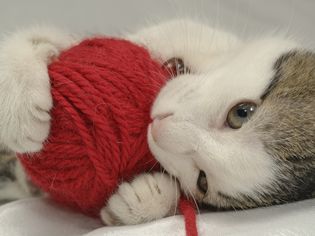
How to Stop Wool Sucking in Cats
Although not all cats have the urge to suck on soft fabrics, such as wool, it can become ...
Although not all cats have the urge to suck on soft fabrics, such as wool, it can become an obsession for others. Most commonly, this behavior develops in kittens that are removed from their mother too soon. It may also develop into a habit in mature cats that are feeling anxious or stressed out and turn to sucking wool for comfort.
While it may be a harmless behavior, you certainly don't want your feline friend to swallow wool, so you may need to take action. The good news is that your cat's sucking likely has an explanation, and understanding that may lead you to solutions that can help.
Genetics may play a role. Wool sucking most often occurs in kittens who are taken from their mother before they're fully weaned. Kittens should be kept with the mother cat at least until the age of 8 weeks and ideally until they're about 12 weeks old. Although they should outgrow this behavior once they're introduced to kitten food, many continue to try to suckle the mother cat for a few weeks longer.
If you adopt a kitten that's younger than 12 weeks, you become the surrogate mother. The mother's nipple is no longer available, so the kitten may find other "nipples"—kneading while sucking your earlobe, for example. This would be a natural step in the kitten's development.
Wool or other similar fabrics can easily become a cat's second choice because of its soft warmth, which is also reminiscent of the mother cat. Some cats may try to suckle other cats or even their own fur, a habit comparable to that of a human child sucking its thumb.
Even for mature cats, wool sucking may become a regular behavioral issue or a habit that periodically comes and goes. Other factors that may provoke or help sustain this behavior are:
If your cat has never ingested any of the material it has suckled on, you may just wish to tolerate it. Letting it have that bit of comfort, especially if it's not obsessive or harmful or only occurs when the cat is near you, may not be worth worrying about.
On the other hand, the ingestion of fabric or other materials can cause a dangerous abdominal blockage. Pet's that wool suck may be prone to ingesting other small materials so be sure to keep small items like hair ties, floss, pieces of string away from cats. If they are ingesting inappropriate materials like blanket, it can possibly lead to the need for surgery to remove. If you suspect your cat has ingested inappropriate material, please call your vet immediately.
Some things you can do at home to help try to prevent and distract your pet from wool sucking include:
Loads of love, patience, and creative trial and error may be required to help your cat either desist or cut back on its wool sucking. Keep in mind that if the behavior isn't causing any harm, you may just need to put your cat's emotional comfort first and learn to accept it.
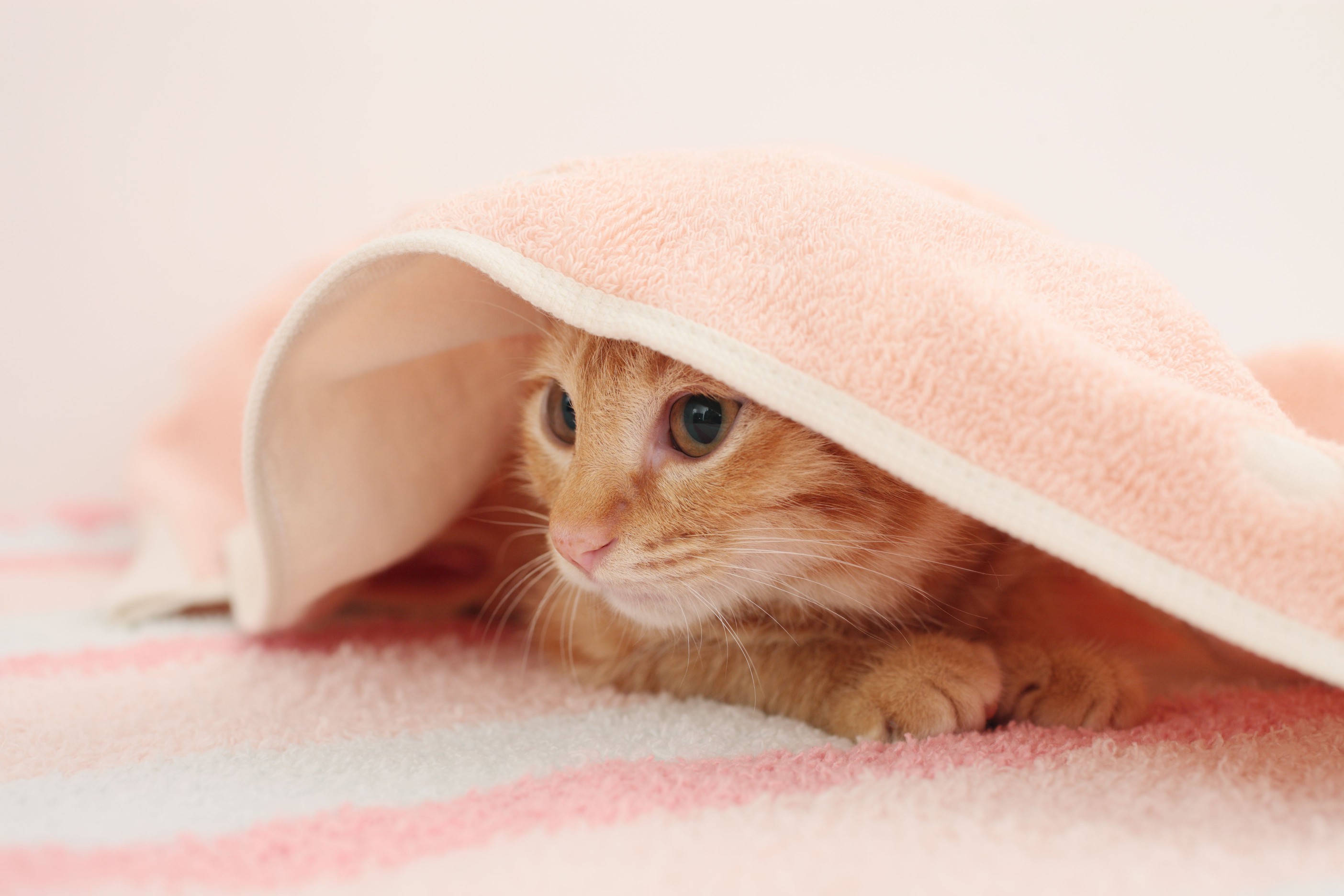

Although not all cats have the urge to suck on soft fabrics, such as wool, it can become ...
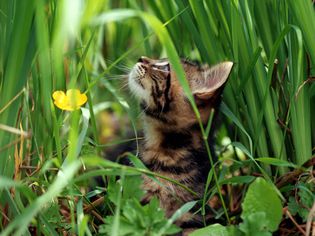
Cats are well known for their weird, lovable antics, and eating dirt is definitely one of...
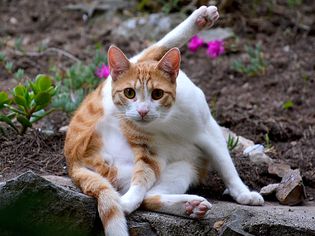
You may have heard of obsessive-compulsive disorder, but did you know cats can have forms...
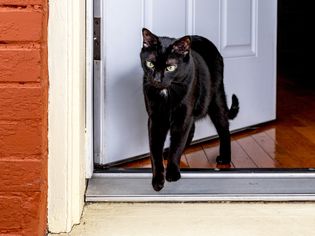
Indoor cats sometimes attempt to escape from the house, and this can be especially fright...
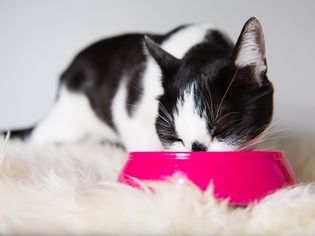
Buying food and water bowls for your cat isn't a simple matter of picking the cutest ...
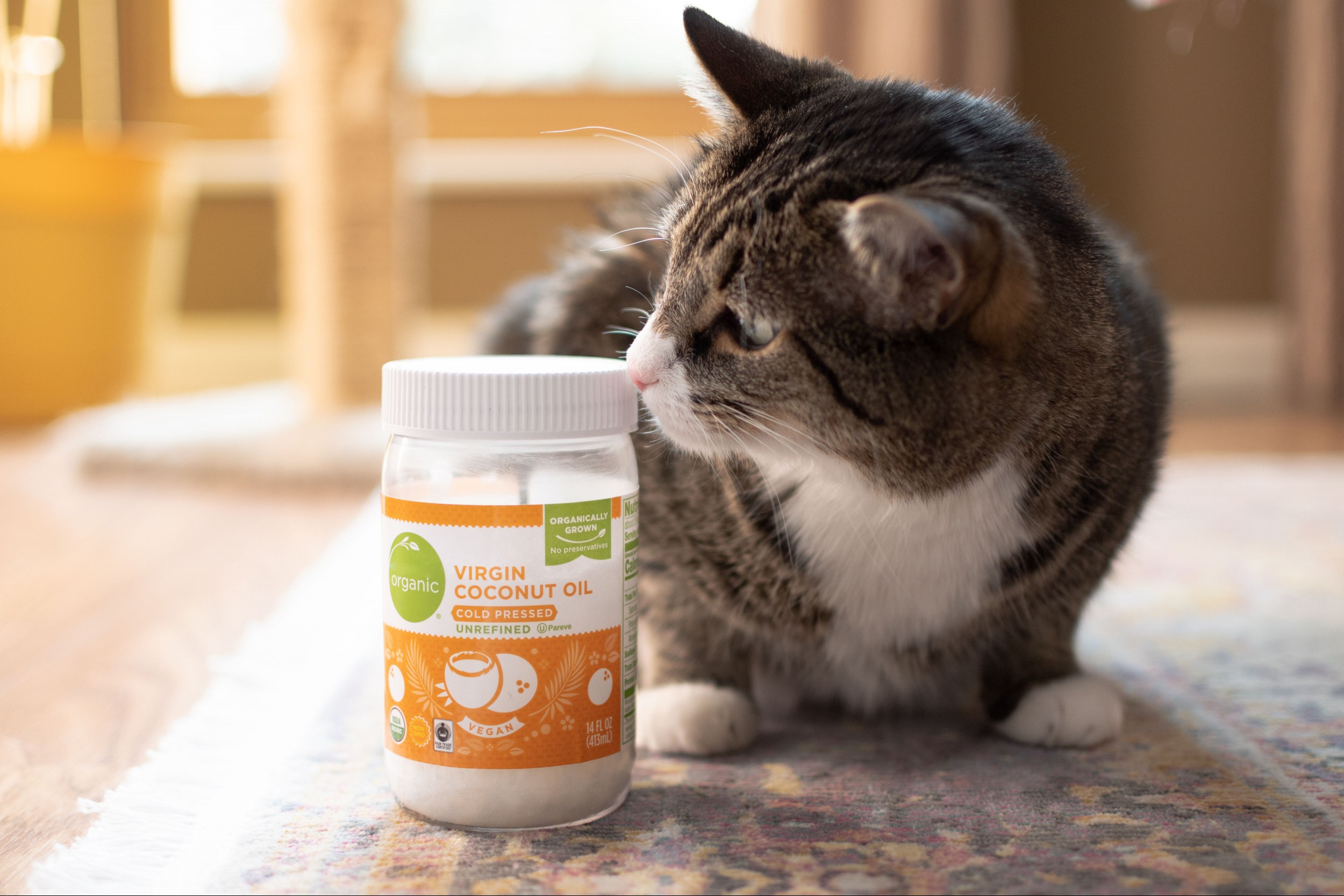
Coconut oil has been used in cooking for decades but within the past several years its po...

If you're the owner of an indoor-outdoor cat, you may be faced with a situation in which ...
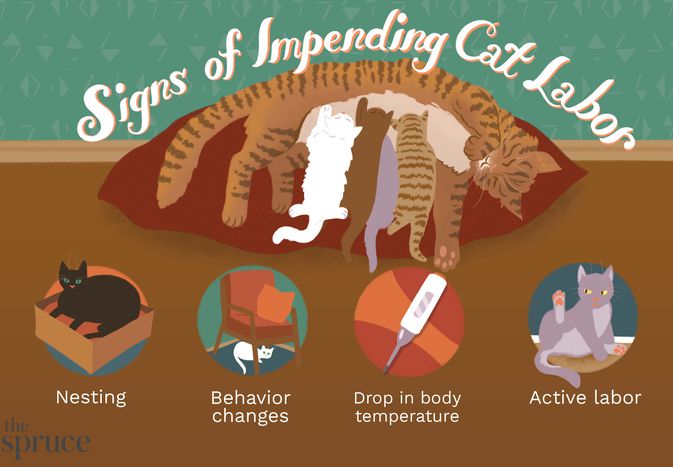
If you have a pregnant cat (queen), and it looks like she is ready to birth her kittens (...
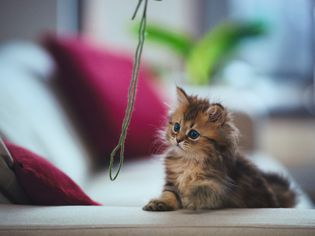
Cats love to play with small items that they can bat around with their paws, and yarn is ...
Comments on "How to Stop Wool Sucking in Cats" :